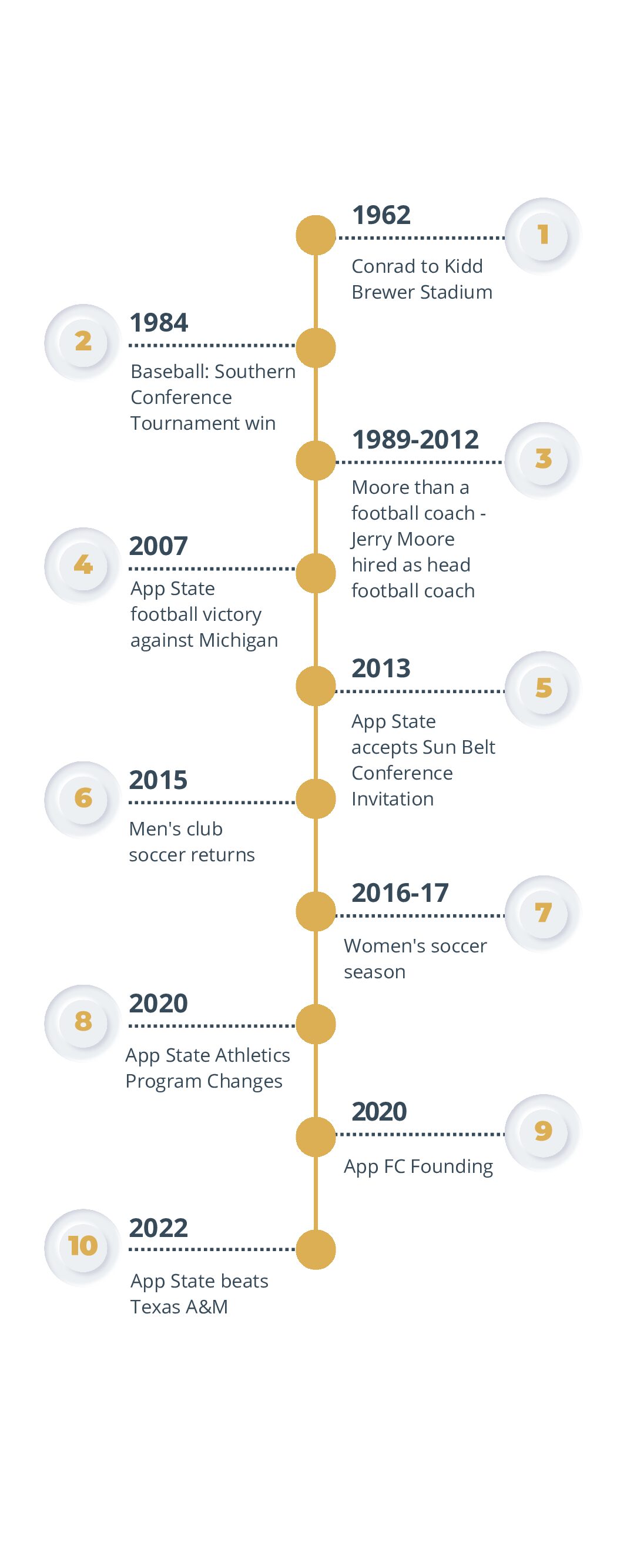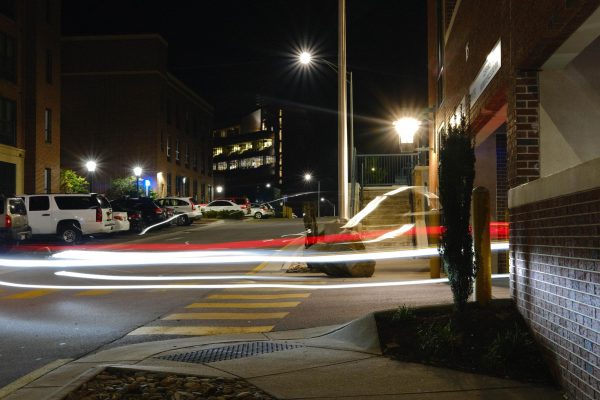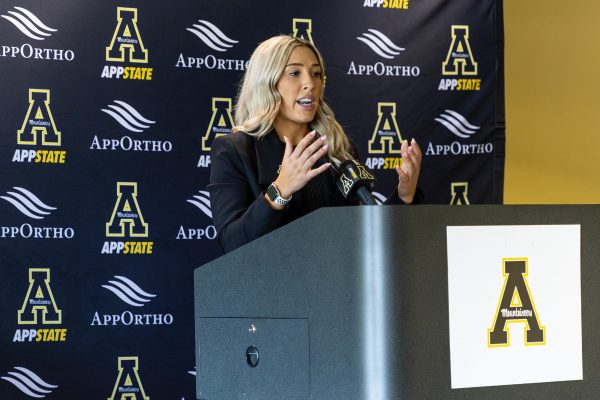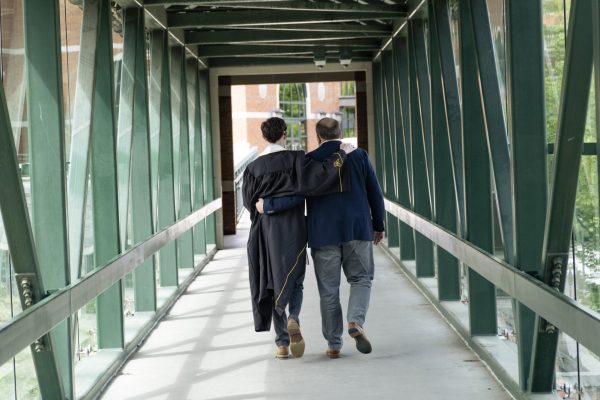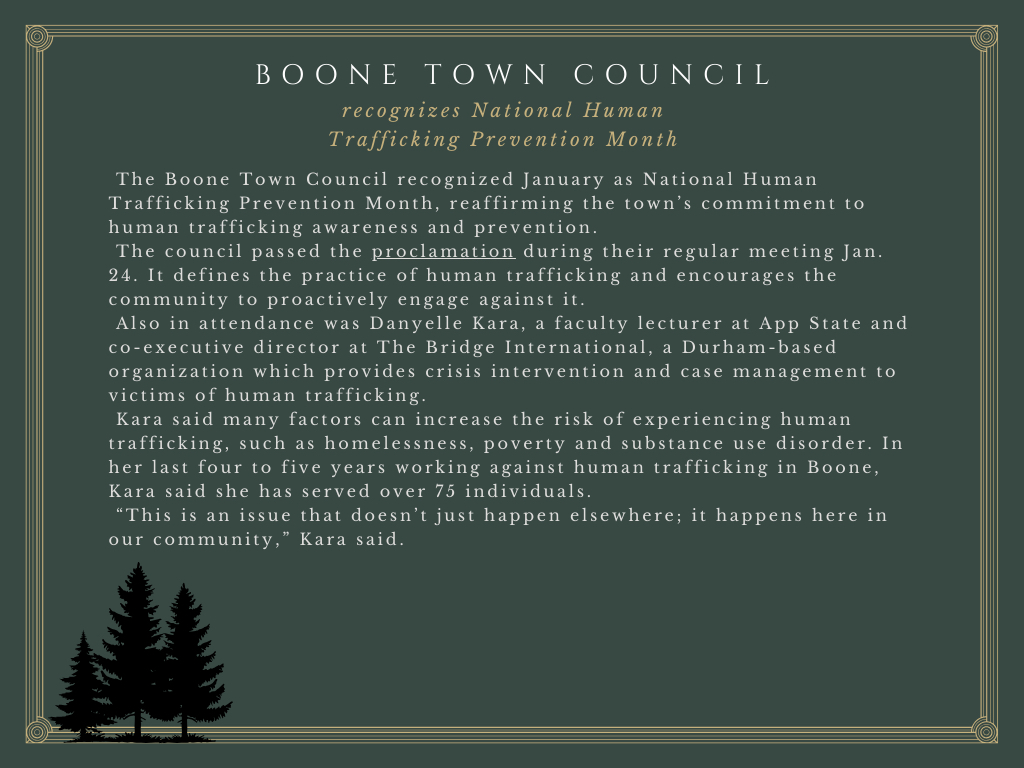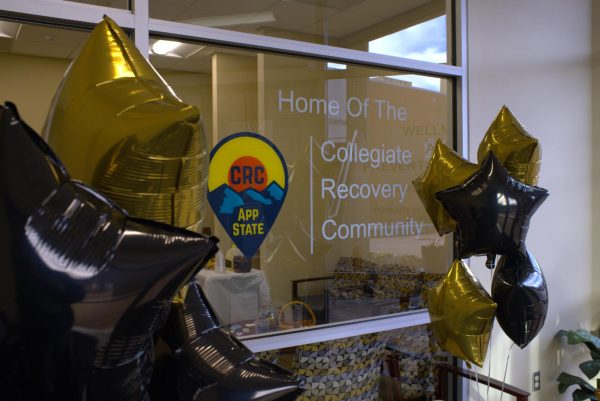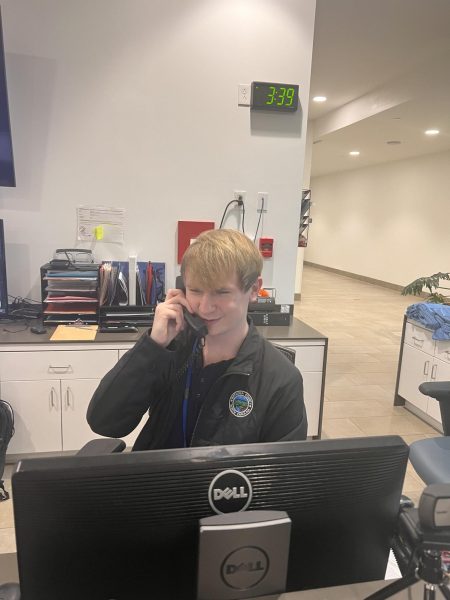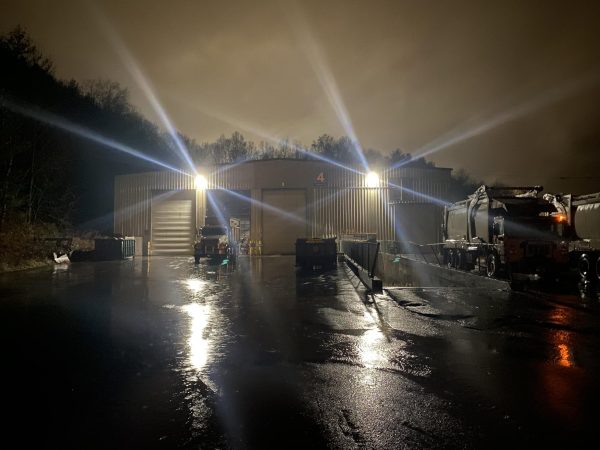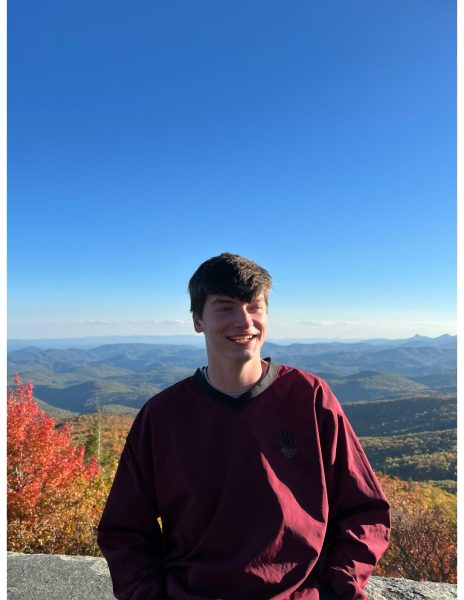The Boone Town Council recognized January as National Human Trafficking Prevention Month, reaffirming the town’s commitment to human trafficking awareness and prevention.
The council passed the proclamation during their regular meeting Jan. 24. It defines the practice of human trafficking and encourages the community to proactively engage against it.
“Light is a pure disinfectant, and hopefully it would help with this issue as well to bring attention to it and have the community come together to work against it,” said Mayor Tim Futrelle.
National Human Trafficking Prevention Month has been recognized annually by each president since 2010, when President Obama issued a proclamation instituting the practice. The month aligns with the period between Jan. 1, the anniversary of the Emancipation Proclamation, and Jan. 31, when Congress passed the 13th Amendment.
According to the Trafficking Victims Protection Act of 2000, human trafficking is the use of force, fraud or coercion to entice victims into labor or a commercial sex act.
In over two decades since the act, human trafficking still exists, the proclamation says. The National Human Trafficking Hotline, a 24/7 phone line that provides support to victims and survivors, identified over 160,000 victims of human trafficking in the U.S. since 2007.
“People can be trafficked in person and online; in industries such as restaurants, domestic work, construction, agriculture, and factories; and by strangers or someone they know, including employers, partners, and family members,” the proclamation says.
After Tim Futrelle read the proclamation, he asked those in attendance involved with human trafficking prevention to stand for a photo, and then speak to the council on behalf of their work.
“It’s been a while, good to see you,” Tim Futrelle said to Jeanie Futrelle, his wife and Executive Director of OASIS Inc. OASIS is a nonprofit with locations in Watauga and Avery counties which provides emergency shelter to individuals fleeing sexual assault or intimate partner violence.
Also in attendance was Danyelle Kara, a faculty lecturer at App State and co-executive director at The Bridge International, a Durham-based organization which provides crisis intervention and case management to victims of human trafficking.
Kara said many factors can increase the risk of experiencing human trafficking, such as homelessness, poverty and substance use disorder. In her last four to five years working against human trafficking in Boone, Kara said she has served over 75 individuals.
“This is an issue that doesn’t just happen elsewhere; it happens here in our community,” Kara said.
During her comments to the council, Jeanie Futrelle said OASIS opens its doors to human trafficking victims in addition to survivors of assault and violence.
“We’re not only mandated by the state to serve human trafficking survivors and sex trafficking survivors but there are no shelters,” Jeanie Futrelle said. “A lot of what we do is provide immediate shelter, a 90-day emergency stay.”
Jeanie Futrelle said OASIS and The Bridge International have collaborated throughout the past several years, working to combat problems plaguing Boone, such as housing, mental health and substance abuse treatment.





